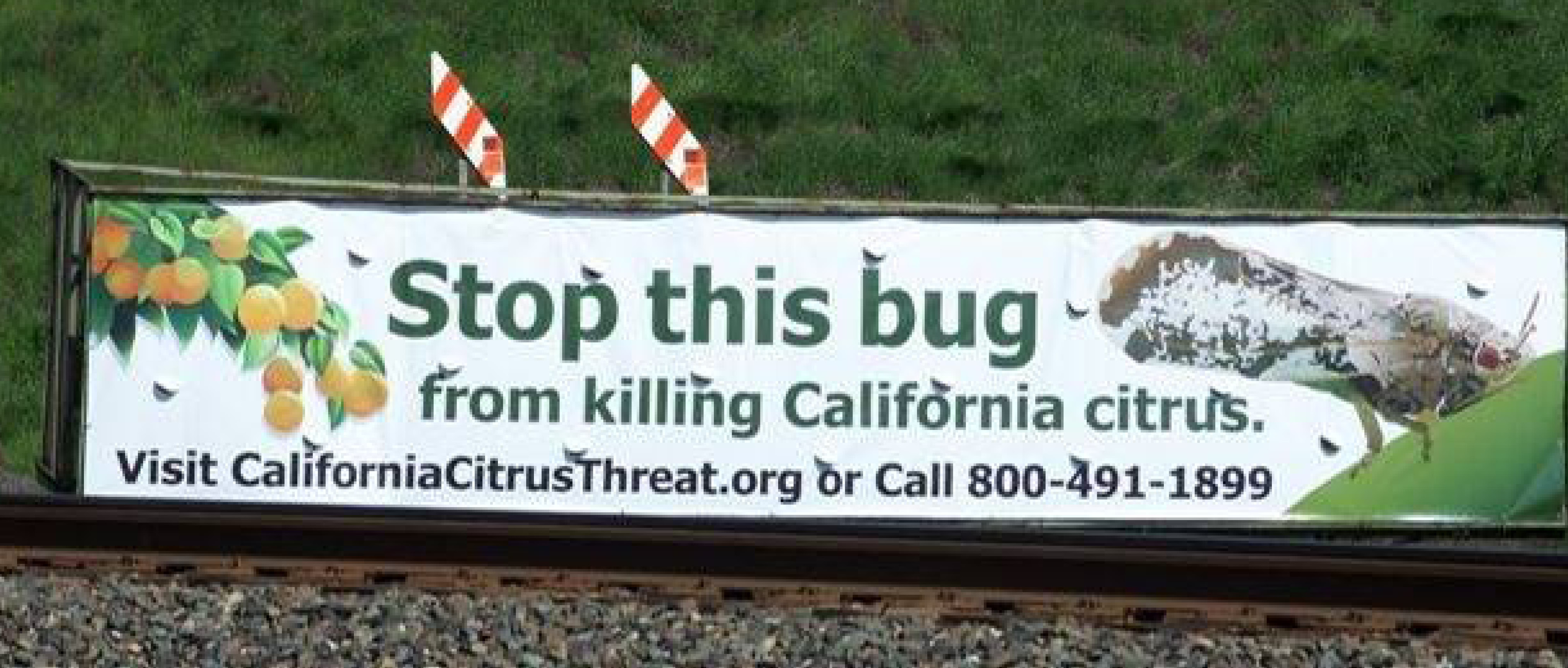ALRB Discharges Farmworker Vote, Part 2 Exclusive Interview with Attorney Raimondo
Anthony Raimondo, “Let the People Vote!”
In an exclusive interview with Fresno attorney Anthony Raimondo, California Ag Today’s Patrick Cavanaugh discussed the significance to farmworkers of yesterday’s Agricultural Labor Relations Board (ALRB) decision to “set aside” Gerawan farmworker votes from the ALRB-sanctioned November 2013 election to decertify the UFW. Raimondo is the attorney for the UFW union decertification petitioner, Silvia Lopez, an employee of Gerawan Farming, a Fresno County diversified tree fruit operation.
California Ag Today: The central California agricultural industry is flabbergasted this week following the California Agricultural Labor Relations Board’s decision to set aside—and not count—the ballots of 2,600 Gerawan farmworkers cast in 2013. What is your take on this decision?

Anthony Raimondo, Fresno County-based attorney
Raimondo: It is unfair because from the outset, we have argued all along that this entire process has been unfair and has denied the workers their “day in court” and their due process. From the first day that Silvia Lopez walked into the ALRB office in Visalia, the greatest opposition to her filing for an election has been the ALRB itself.
We had a judge who couldn’t stay awake for the hearing. We have board members who are—shall we say at the least—biased. In the case of ALRB board member, Genevieve Shiroma, we have a person whose entire career is intertwined with the UFW’s primary paid lobbyist. There’s no way these folks can be objective in a case that has this kind of stakes in the UFW.
And this case is all about money. If they can get a contract with Gerawan, the UFW will essentially double its revenue and double its membership overnight.
California Ag Today: What is at stake for the UFW?
Raimondo: There is a clear reason why the State would end up spending $10 million on this case: They want to silence these workers and save the UFW. There is no union organizing in the field; the UFW has abandoned organizing. They’re not out there getting the workers to support and join the union.
They’re in the courtroom and in the back halls of Sacramento, making deals to take control of these workers’ future, whether the workers want it or not.
 California Ag Today: In denying the ballot votes to be counted, the ALRB said it was unfair that the employer—Gerawan in this case—gave the workers a pay raise without permission of the state government or the UFW.
California Ag Today: In denying the ballot votes to be counted, the ALRB said it was unfair that the employer—Gerawan in this case—gave the workers a pay raise without permission of the state government or the UFW.
Raimondo: But even with this illegitimate process, the only thing that the Board actually found was that the employer violated the law—not the workers.
So the Board is going to punish the employees by destroying their ballots, like some sort of third-world dictator. What control does the farmworker have over what the company does? What can the workers do to protect their right to vote if their right to vote can be thwarted by what a third party—the company—does?
The workers’ right to vote shouldn’t be in the hands of the company, or of the union, or of anybody else. The California Constitution says that when people cast votes in our state, those votes must be counted. That’s apparently true, unless you’re a farmworker.
California Ag Today: And the agricultural industry is asking, “How can the State of California and the state ALRB get away with this?”
Raimondo: It’s appalling what they’ve done here. It really is appalling. They’ve decided that the best way to control the behavior of an employer is to punish the workers who have no control over that employer.
You know there’s no reason that, if they believe that that election was tainted, they can’t run another election. I’ve spoken to Silvia, and Silvia’s not afraid of letting the people vote. I wonder if the UFW is as brave.
Let the people vote.
California Ag Today: Is the ALRB and the UFW requesting a new vote?
Raimondo: No, they want the farmworkers to stand off to the side and be quiet while the UFW makes the deal through political moves to take their money.
California Ag Today: What’s next?
Raimondo: We are planning, on Silvia’s behalf, to file briefs in the ongoing mandatory arbitration case that is sitting before the California Supreme Court. The UFW has a brief due and the Court has not yet set a hearing date.
We’re hoping that the Supreme Court will be kind enough to give us the opportunity to speak in that case, as the Court of Appeal did. So that case still provides us with a very real chance to vindicate the workers’ rights.
In the election case that was just decided, we are planning on filing a petition for reconsideration with the Board. We think that they need to think twice before they destroy people’s ballots.
California Ag Today: The ballots have not been destroyed at this point, right?
Raimondo: We don’t know. That’s a question only the ALRB can answer.
From my view, I would hope that they were not rushing to have a bonfire today.
I would think that because these votes are precious and irreplaceable, the Board would show the restraint to withhold taking any action on the ballots until the parties have had the opportunity to pursue the various legal options that we have to challenge this decision and make sure they are doing the right thing.
_______________
Resources:
ALRB Decision and Order Case No. 2013-RD-003-VIS, 39 ALRB No. 20, April 15, 2016)
Agricultural Labor Relations Act Employee Questions & Answers ELECTIONS












